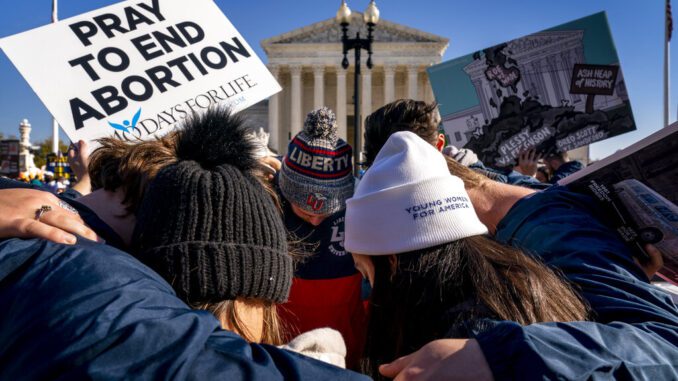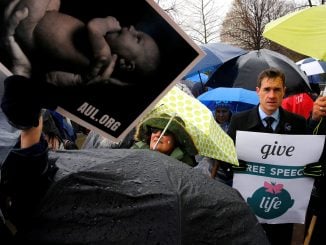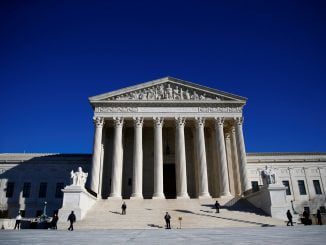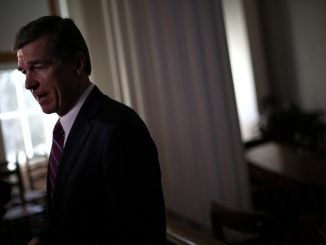
According to the CDC, over 1.5 million patients are in hospice care, many of whom are waiting for an end to their suffering and pain. A doctor who may wish to aid the patient in terminating his or her life knows that doing so will bring murder charges. This is because the hospice patient enjoys a “right to live” as recognized by the US Constitution, codified in federal law, and affirmed by the Supreme Court.
Almost twenty years ago, as a young law student, I authored “The Paradox of Determining Life and Death,” which discusses the right to live as it relates to the protection of a terminal patient from being exterminated and why those laws/standards should applied to the unborn. Now, almost twenty years later, the Supreme Court is finally addressing this very question in Dobbs vs. Jackson Women’s Health Organization, which was argued on December 1st.
The Uniform Determination of Death Act defines death as either an irreversible cessation of circulatory and respiratory functions or an irreversible cessation of all functions of the entire brain. In a situation where a person is being artificially kept alive, courts have held that removing artificial life support is not an act of murder since there is no viability of life; however, in Roe vs. Wade, the US Supreme Court was careful to not establish a standard of as to when life begins.
However, if simple logic dictates that life ends when a person no longer has a heartbeat or brain function, then why does the same standard not apply to the beginning of life? Once a baby, in utero, has a heartbeat and brain function, is that baby not alive under the same legal standard used to determine death? Research shows that a fetus has a detectable heartbeat 21 days after conception, and brain waves can be detected 40 days after conception. Applying the standard from the Uniform Determination of Death Act, a fetus should be considered legally alive no later than 40 days after conception.
The courts have been inconsistent over the years. In some cases where a baby, in utero, has been killed by a criminal act, the perpetrator has been charged with murder. However, in cases of abortion, doctors are allowed to effectively murder unborn children without fear of prosecution. This double standard effectively makes unborn babies the property of their mothers rather than a person who enjoys the right to live.
In my law school paper, I noted another case where the Supreme Court considered a person property — Dred Scott vs. Sandford. In the infamous Dred Scott case, the Court held that it was proper to treat Scott as property rather than a person. The Dred Scott opinion is a stain on our nation’s jurisprudence and is incompatible with the concepts of liberty and justice enshrined in our Constitution. Indeed, it is unconscionable to consider another human being property, but this attitude is precisely the same one the Court took in Roe v Wade.
The question in the pending Dobbs case is whether Mississippi’s law banning nearly all abortions after 15 weeks’ gestational age is constitutional. The Mississippi standard is at least reasonable since a fetus would be considered alive in its sixth week gestational age based on the standard set forth in the Uniform Determination of Death Act.
This case is a pivotal moment in the pro-life movement. In Dobbs, the Supreme Court finally has an opportunity to define when life begins, and I would argue, as I did nearly twenty years ago, that a reasonable legal standard is to apply the same criteria used to determine when life ends.
While Dobbs is unlikely to completely abolish abortion, it may at least provide a framework for reducing the number of abortions in the United States. Perhaps only a Constitutional Amendment, which I would wholeheartedly support, will finally settle the matter. Until that day, let us pray our Justices have the discernment to at least curb the barbaric act of abortion plaguing our nation.
Billy Strickland is an attorney in Goldsboro, NC. He is a member of the Executive Advisory Board of the Wayne Pregnancy Center and avid pro-life supporter.



